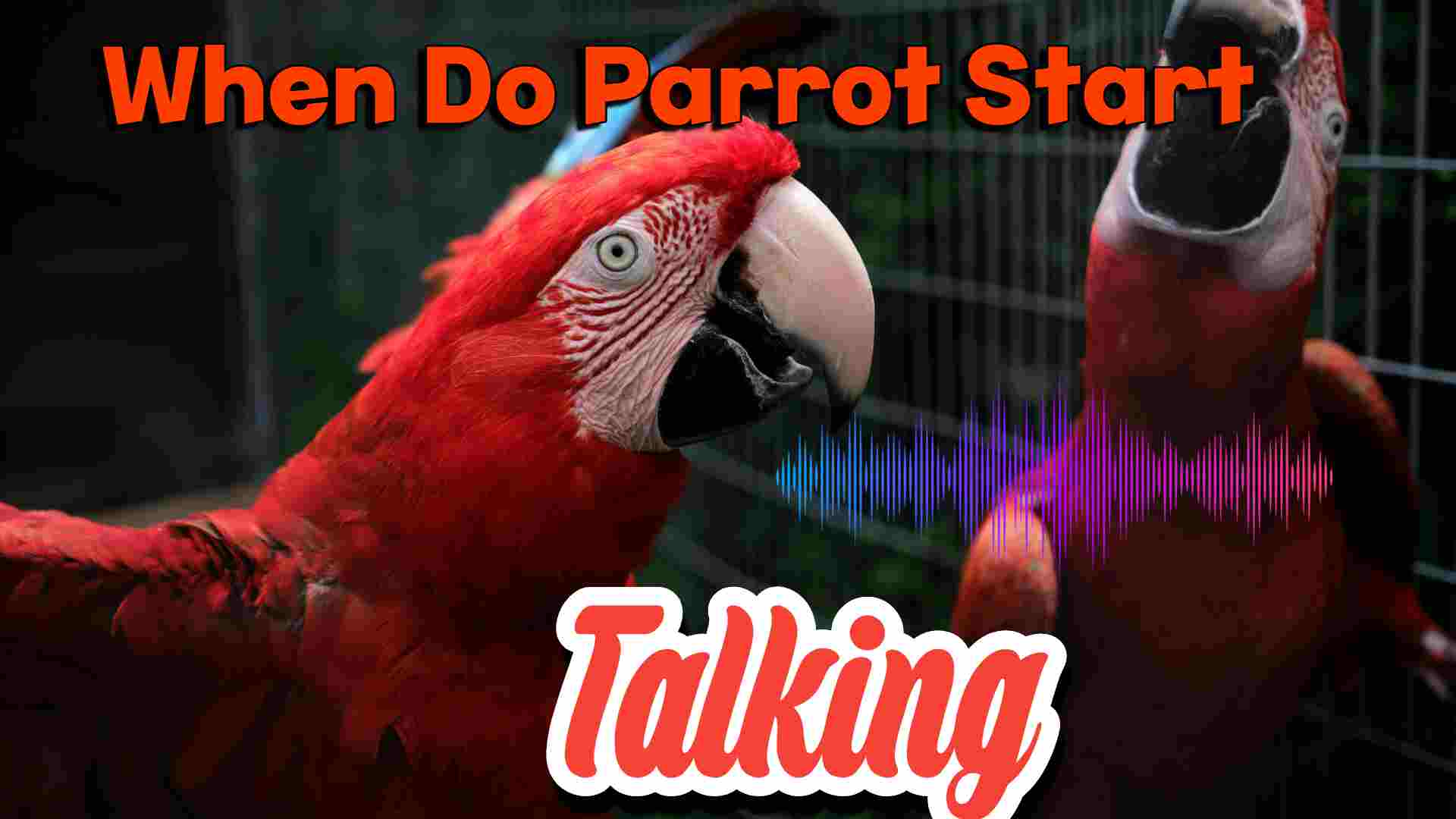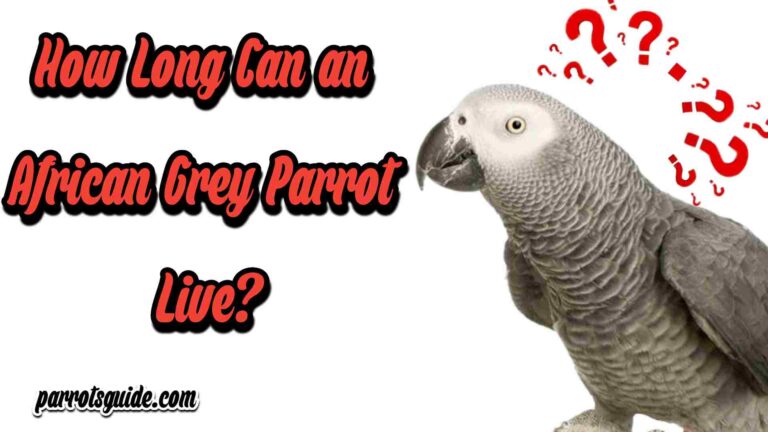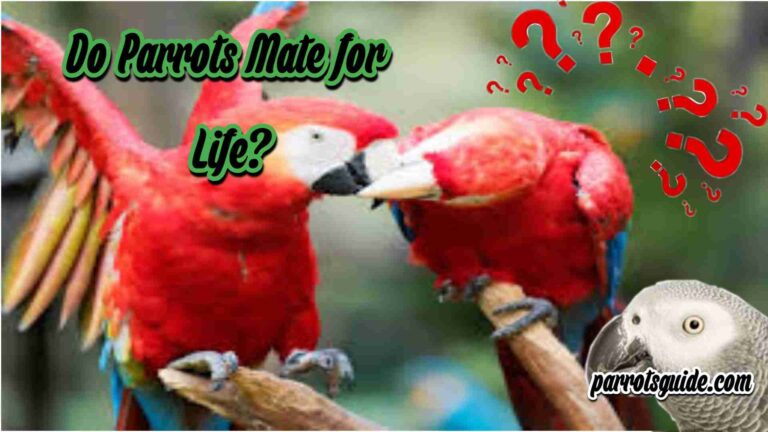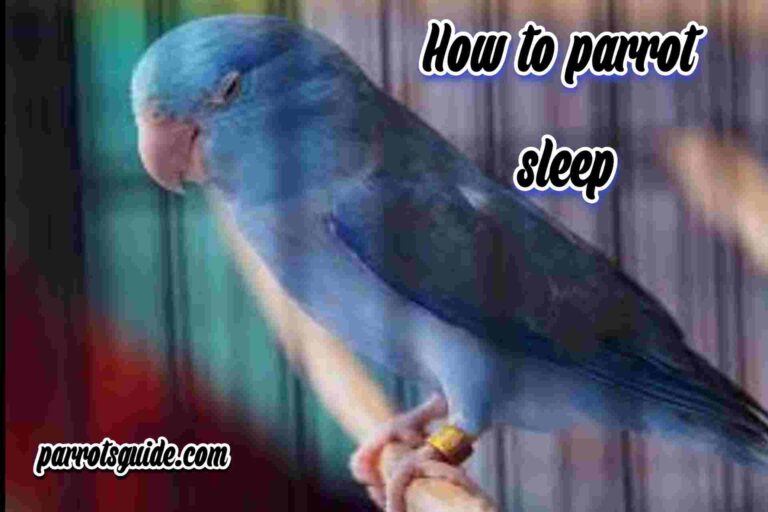When Parrots Start Talking?
loving features of parrots include their ability to mimic the shirking of other pets, parrots display remarkable skills in following human voices. It is not only attractive to bird lovers, but this makes parrots to be among the most demanded helping birds in the world. But when parrots start talking?
Knowing when and how these children develop this speech ability, enables you to help promote the ability in these parrot`s baby. This guide looks to inform the reader when parrots start talking and what makes them or a particular parrot start talking or rather begin to speak and some ways of dynamic speech in a parrot are given in this article.
Understanding Parrot Speech: How Do They Talk?
I learned that different types of parrots do not possess vocal cords just like any other human beings. However, they produce sounds with their syrinx—a muscular organ found only in parrots and situated at the junction of the trachea and the esophagus. Parrots manage to produce such sounds by controlling the air and muscles in their throat thus being able to mimic different sounds including human voice.
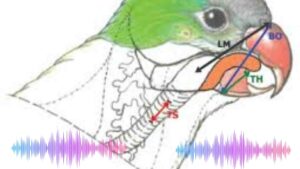
These characters are able to talk because of the high levels of intelligence as well as social attributes characteristic of these creatures which ensures that they are fully aware of actions and inactions that people take. Parrots mimic and hence when they hear certain words or phrases they imitate them, this makes them speak.
Age Milestones: When Do Parrots Typically Start Talking?
The talking in parrots is observed to start at a young age of between 3 months and 12 months but this depends on the species and temperament of the parrot. Some of the parrots can start even at 6 months of age for example the African gray parrots while other large parrots like the Macaw may not start till after one year of age.
Another factor that determines when a parrot will begin to talk involves environmental factors, early socialization, and continued interaction with humans. There is a lot of commitment required, as each parrot will take time to come to what you need.
Popular Talking Parrot Species and Their Timelines
Every parrot is unique and has its own schedule of preschool time, the duration of which may vary from a couple of months to a year when the parrot starts copying something. For example:
1. African Grey Parrots: Start to imitate sounds at the age of six to twelve months and are capable of forming even a single word in one year.
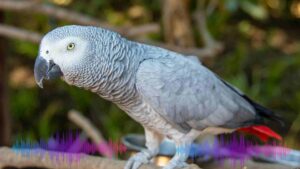
2. Amazon Parrots: It is established that around 6 months parrot begins to talk but he may still be unable to speak properly. Knowledge of these timelines may in turn assist you in building the right perspective and selecting proper training techniques for your particular species of parrot.
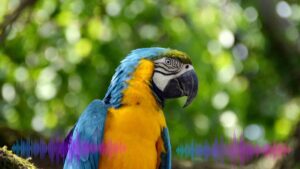
Factors That Affect When Parrots Start Talking
Many factors determine the age of onset of vocalization and these include, social exposure, early training, and personality. Parrots that are exposed, collaborated with, and trained to stay active will be able to communicate as compared to others who are just locked up in cages. Thus, socialization plays an important role.
The ability of the parrot to mimic is usually in proportion to the social experience they are exposed to the kind of sounds, people, or experiences they are exposed to will determine the extent of vocalization they will develop. The training session should be a series and should incorporate a lot of encouragement of speech.
Signs Your Parrot is Ready to Talk
Before parrots start speaking like an actual parrot they may exhibit signs of vocalization. Some of these symptoms include imitating vowels and sounds, babbling, and producing many sounds.
If your parrot begins to mimic the same phases or imitate ordinary sounds present at home then you are sure your parrot is ready for training. You must be conscious of these early indicators so that the process of carrying out specific speech training may be initiated.
How to Encourage Your Parrot to Start Talking
To teach your parrot how to talk, to achieve that introduce him to simple words and rehearse with him daily. Praise them nicely have a friendly tone and respond to them with treat and affection if they try to mimic you. Begin with such words as ‘hello’, ‘goodbye’, or names of objects containing one syllable at most.
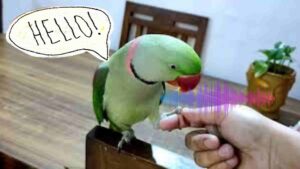
Pampering, use of positive language, repetition, and appropriate timing are the ways to make a parrot talk. The more attention the parrot receives the more it will start squawking and thus become vocal.
Common First Words and Phrases for Parrots
It is important to know that while some parrots can be trained to talk, not all parrots of a ‘talking’ parrot breed will be able to do it. Genetics, the character of a specific breed, and those formative experiences that the parrot receives in its early years play important roles in influencing speech imitation in parrots.
Another stereotype is that the parrots, which are totally words and phrases, know what they are saying. Even though they can remember the link between the words and the actions or feelings, the parrot’s speech is more likely to be copy-paste instead of perceiving the language.
What if Your Parrot Doesn’t Talk?
This is in case your parrot does not ‘talk’ this does not in any way mean that is less intelligent or less social. There are parrots that do not use words as a means of expressing themselves but rather use whistle calls, and emulate other sounds or gestures.
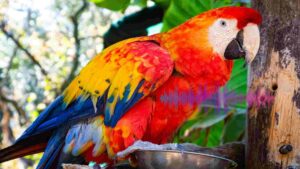
As for language then everyone has to realize that every parrot is an individual so the fact is that some of them can say some words it does not mean they are smart or can form deep connections with people.
Final Takeaway: Enjoying Your Parrot’s Communication Skills
Therefore, it is important to note loud does not mean talk, and silent does not mean no communication and relationship with their owner. Speaking thus, an insight into the ability of a parrot and its social behaviors can only be via speaking.
Remember that when exactly parrots start talking, then try to be friendly with them. But what many owners should remember is that a parrot is your wonderful pet, an intelligent and social being that you can keep company with them or any other way.

